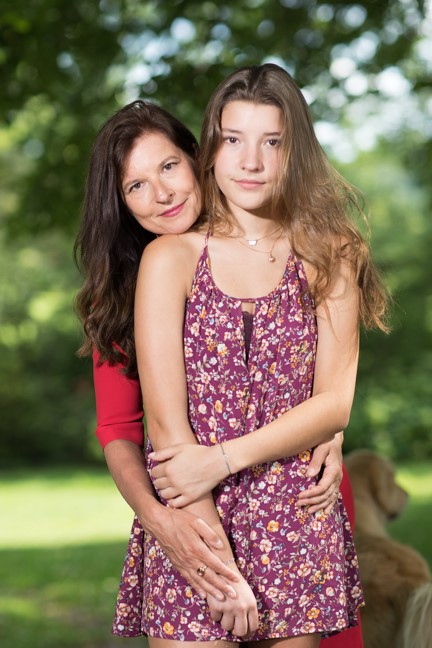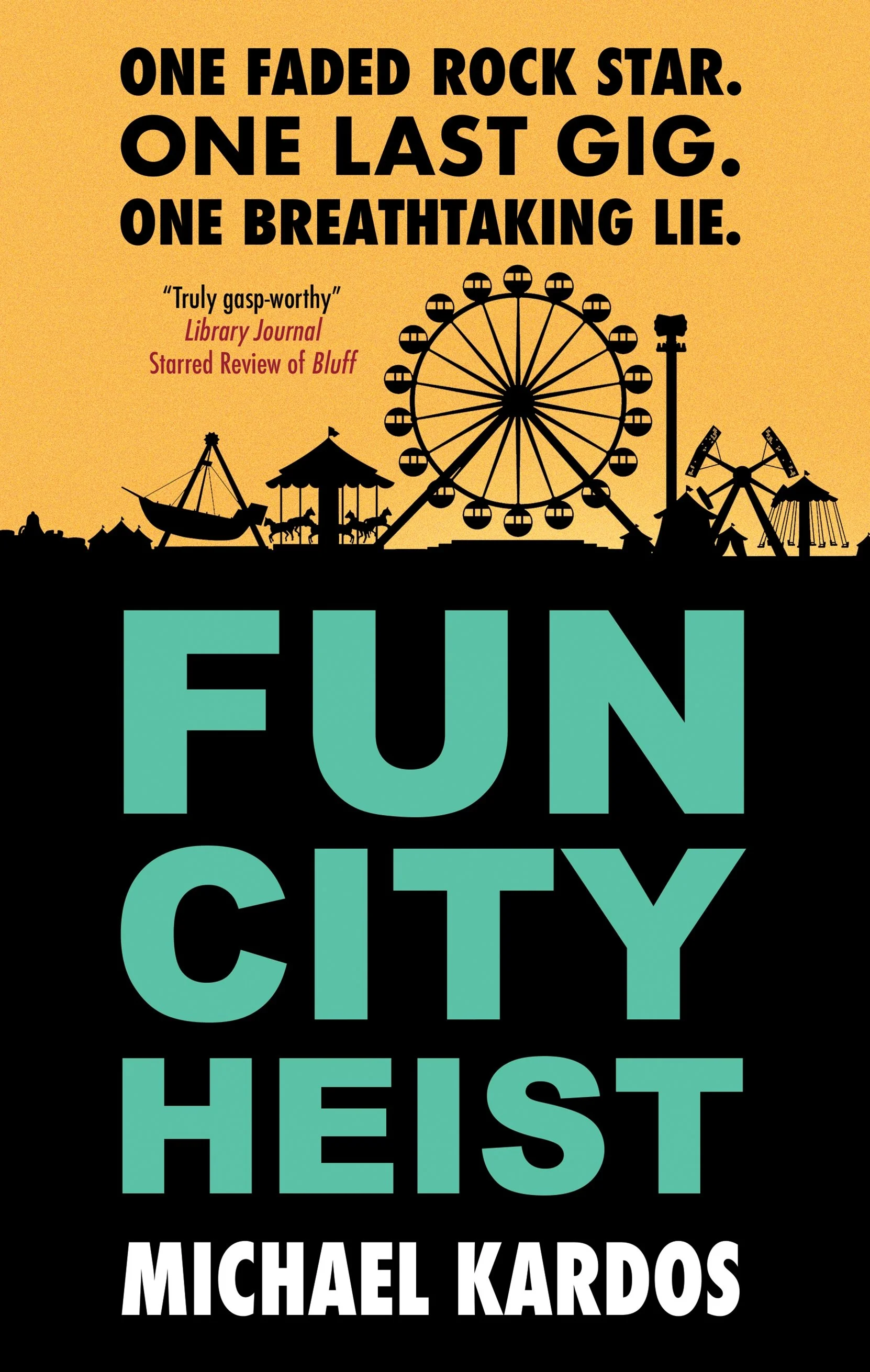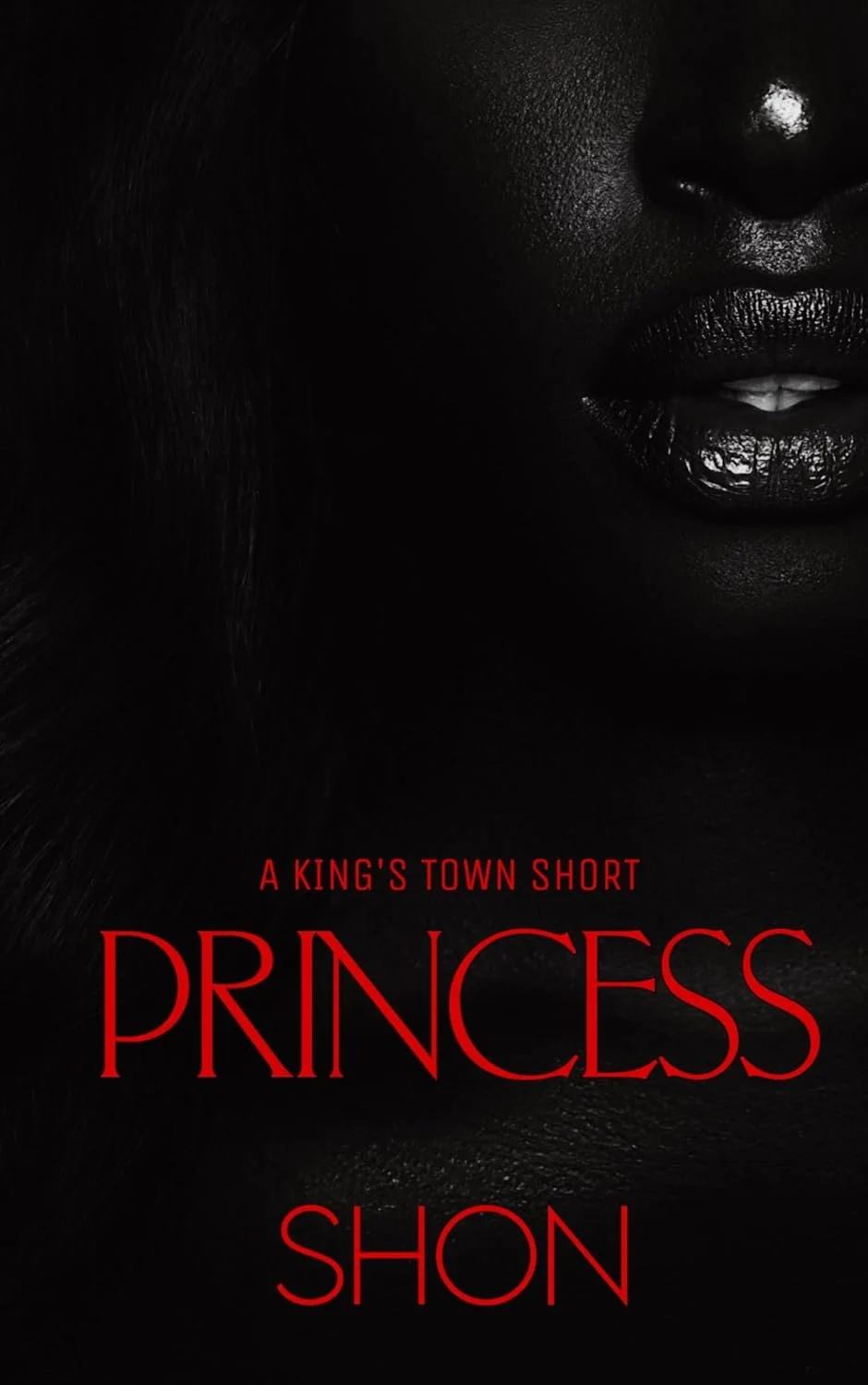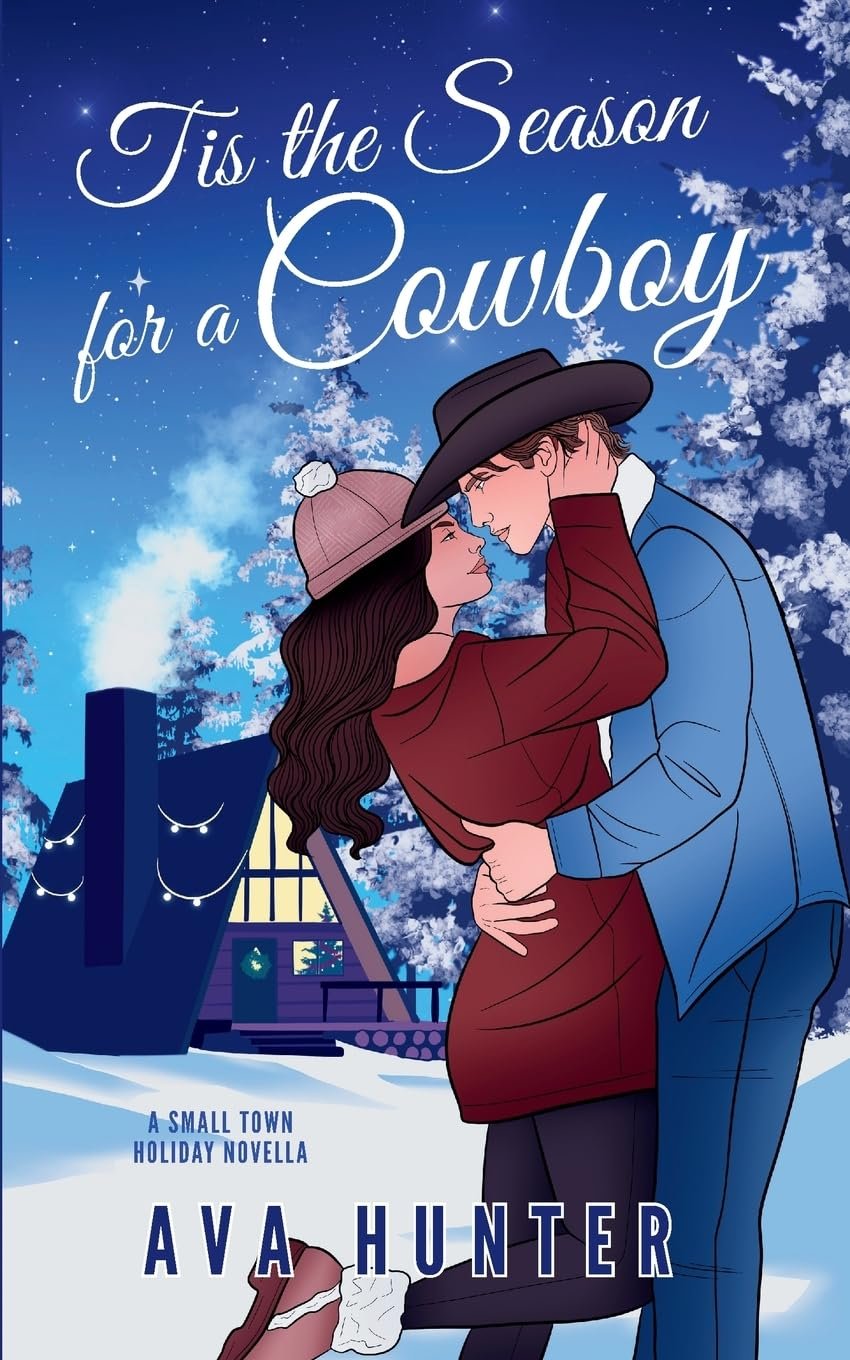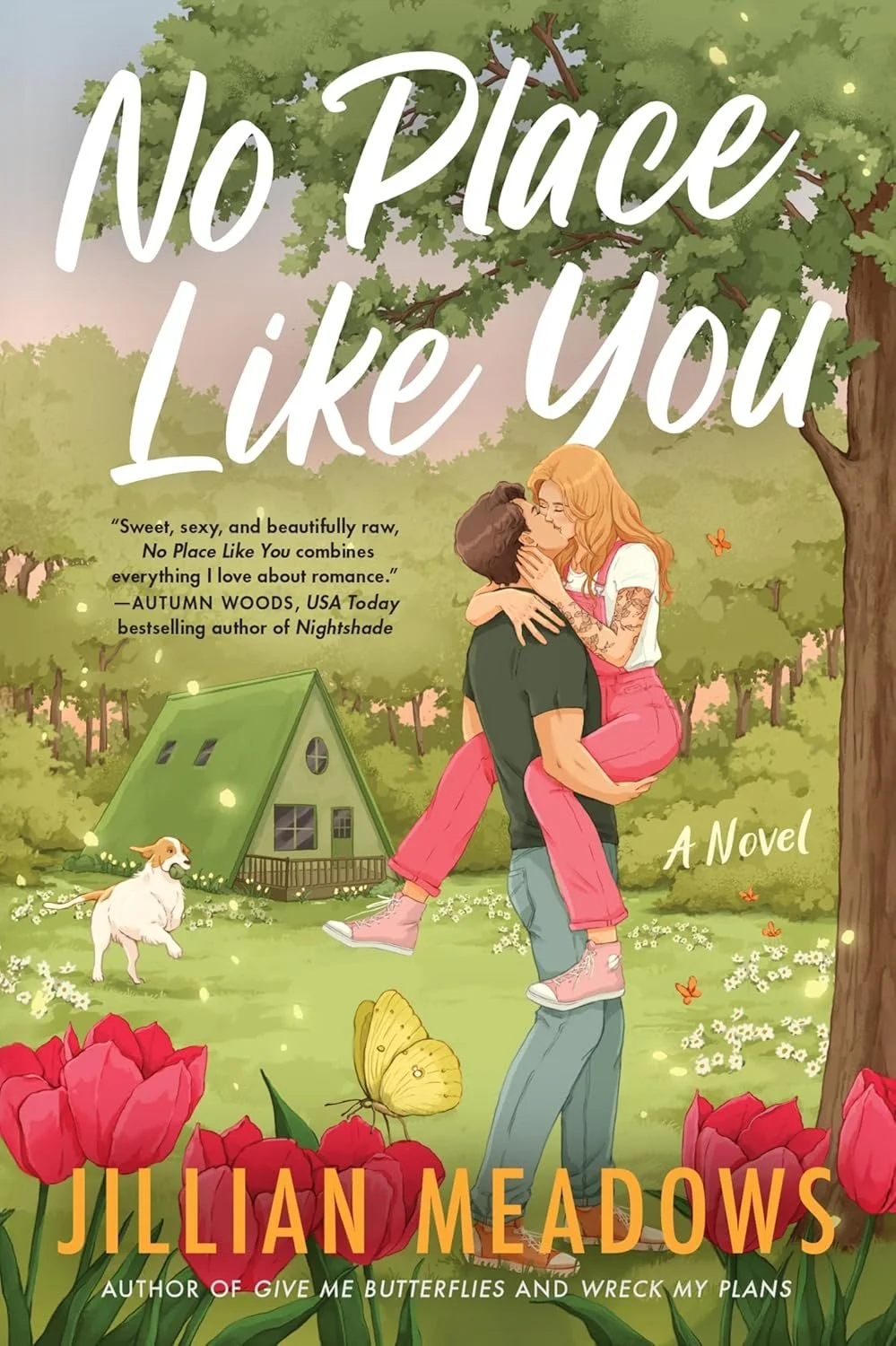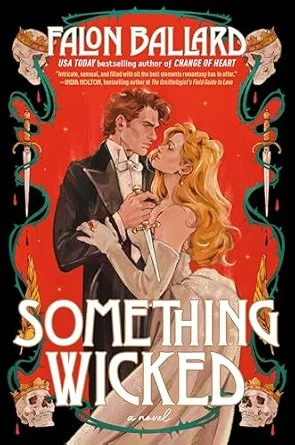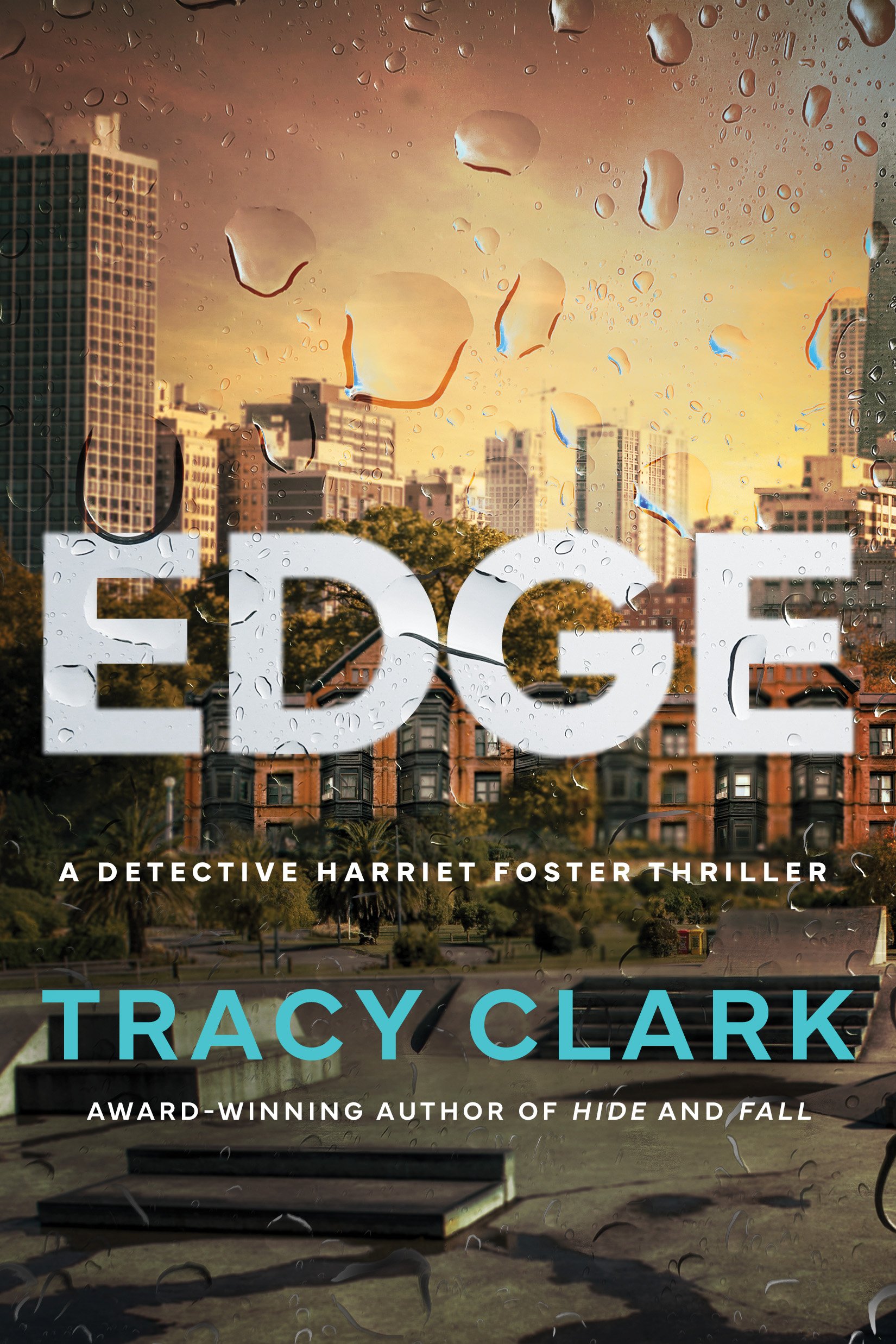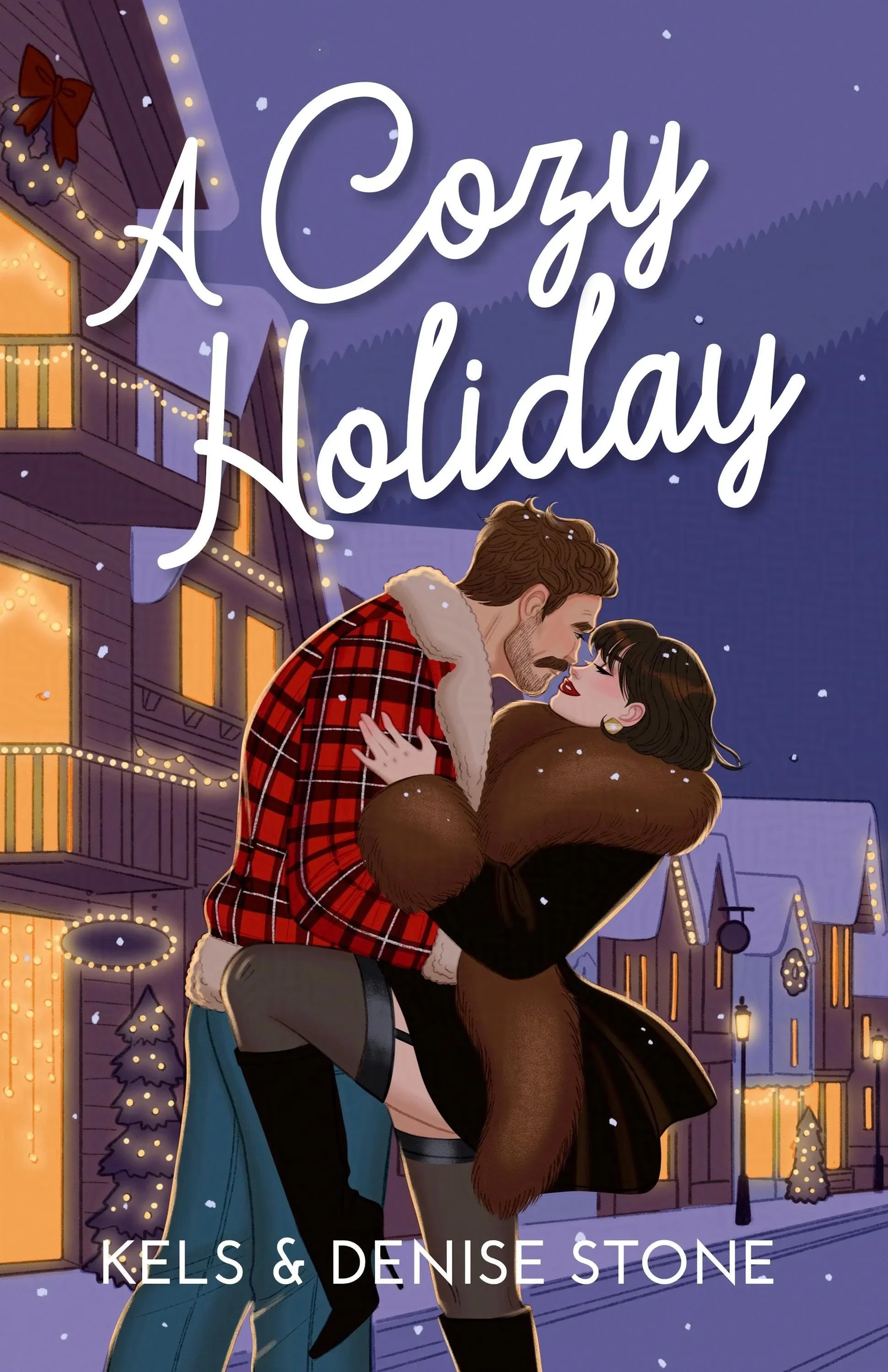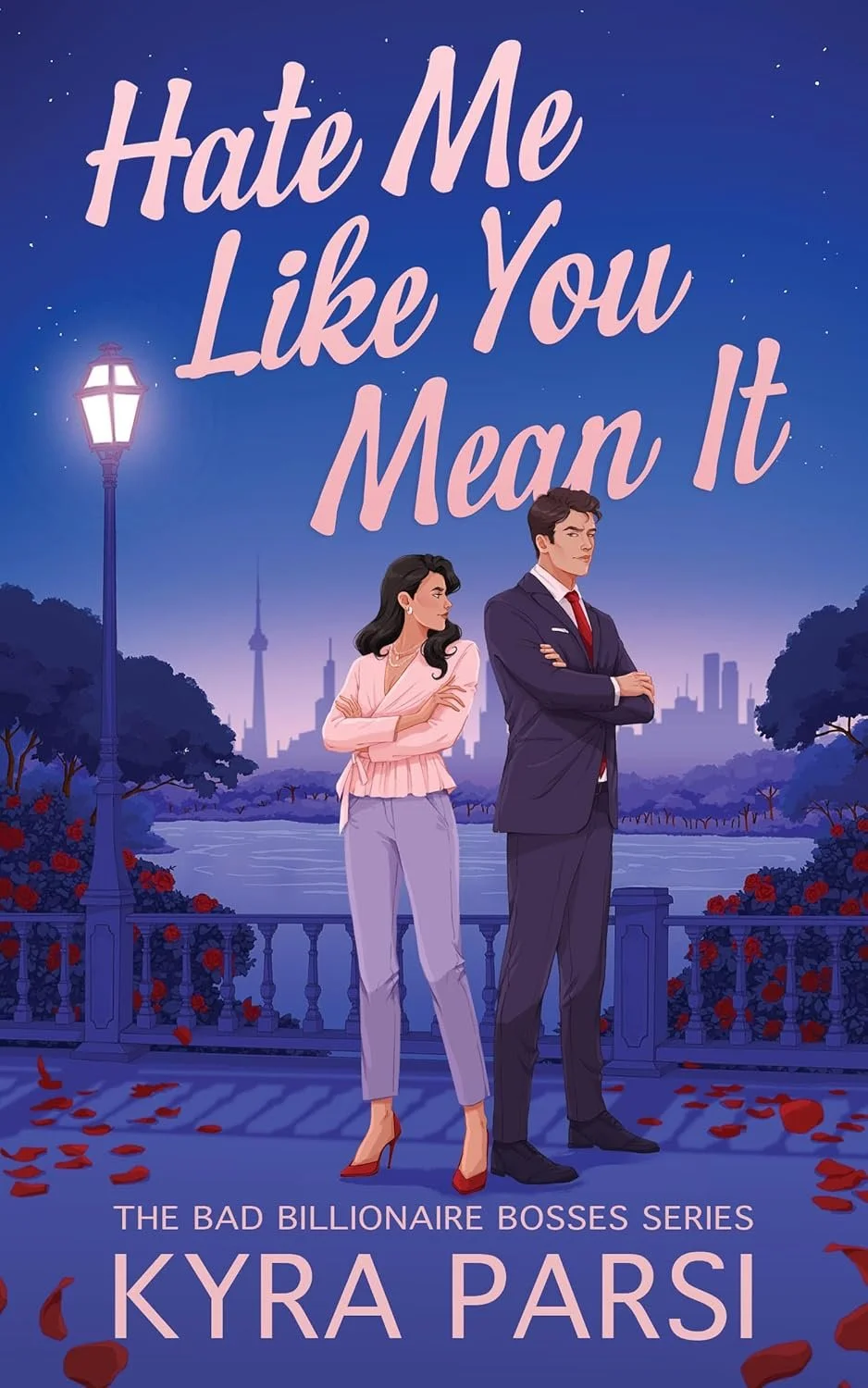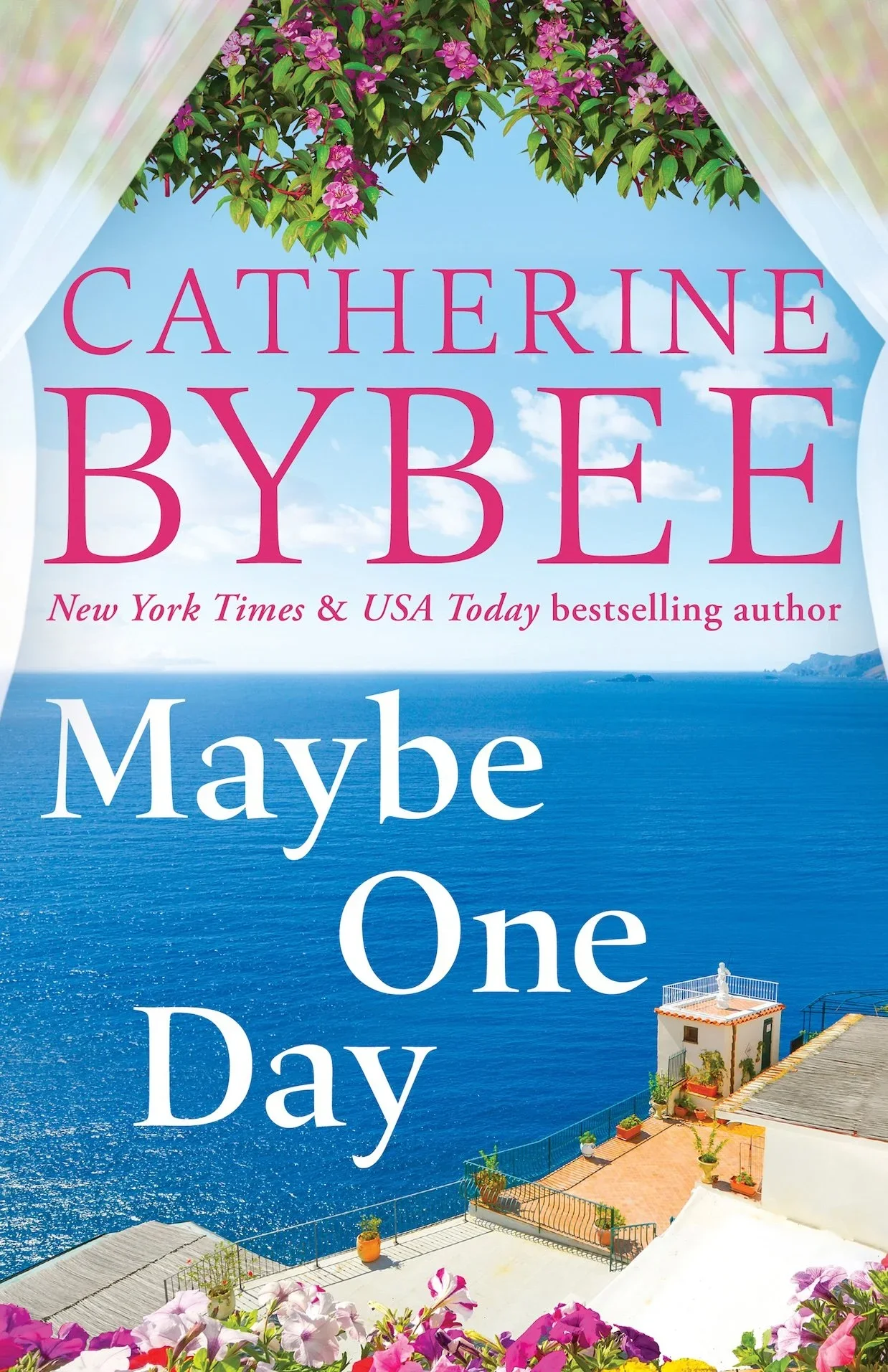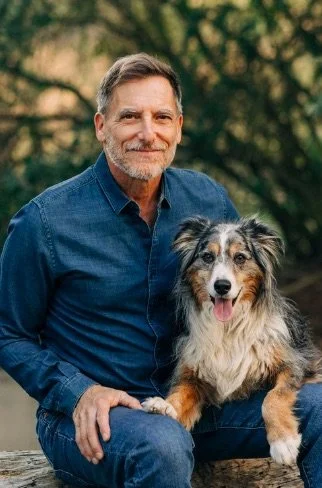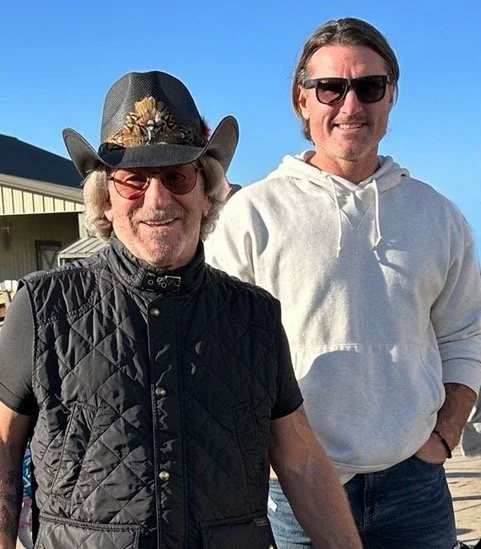Q&A with Pia de Jong, author of Saving Charlotte
/Photo Credit: Chris Lane
When your daughter was just two weeks old, she was diagnosed with a rare form of leukemia. You rejected all suggestions of any treatment, of which the most common was chemotherapy, and instead made the decision to wait and see. Was this approach consistent with your personality up until that point or did you surprise yourself?
I did surprise myself, especially because I was so certain about what to do. There was no doubt in my mind, no negotiating, no second thoughts. I just knew I had to have her home with me. I had learned to trust my intuition when I became a mother, though. Like all new mothers, I was bombarded with rules: when to wean your child, where and how to sleep, when to introduce food, etc. I had decided to follow my instincts regarding my kids. But then I often discussed those decisions and doubts with friends. This was different.
What material did you draw on when writing Saving Charlotte? Did you keep a journal or write notes during that year at home with Charlotte?
I wrote down notes, whenever I could, although not with the intent to write a book, since I was not a writer then. They were to help me remember her as she was then. Some sentences I wrote:
The hairs on her neck are damp. They smell like raisins.
Her smile flutters like a butterfly’s wings just before taking off.
A dove on the windowsill scared me with his staring eyes when I woke up. Then he tried to convince me he meant well.
I want to jump in the blue lakes on her skin and emerge without being scared.
Woke up frightened. At two in the afternoon, when walking home, Jurriaan found a caterpillar. It fit perfectly in his hand.
Buy on Amazon | Barnes and Noble
You quit your job when Charlotte was diagnosed. Once she recovered, what was it like to reenter the world and what changes did you see in yourself afterward?
I took me quite some time to reenter the world. I had grown accustomed to being in my cocoon, my small world where all that mattered were details. Outside, the rest of the world seemed unfamiliar. Too big to comprehend. I had no interest in other people or things. It took me a long while to venture outside. I had changed from an extrovert to an introvert.
How did Charlotte’s diagnosis impact and change your family, and how do you think it’s shaped your current relationship with her?
Our family became even closer than we already were. I had become a storyteller in that year. I made up one after another, and my children loved it. They still remember them. When in 2012 we left the Netherlands to live in the USA, we relived that closeness. How we were all in uncharted waters, and had to rely on each other. Charlotte has always been very close and trusting of me. She still is.
What did you learn about the Dutch medical system throughout Charlotte’s illness? How do you think your experience would have been different if it had happened in the United States?
I feel very fortunate that my doctor supported our decision not to treat Charlotte. He realized that giving chemotherapy to her could have unintended consequences that were perhaps worse than the disease. The result is that we felt relieved of a burden of pressure. Some parents want to do everything they can: see every doctor in the field, raise money for experimental drugs. It is difficult to say how different my experience would have been if we lived in the United States. Doctors in both countries have established protocols for patients like Charlotte. They try to postpone treatment. Her oncologist agreed with and accepted our decision to not do anything at all.
What advice do you have for parents who find that they need to become health advocates for their children?
It takes a village to help a sick child. Try to be the mayor of that village. Conduct the orchestra of physicians, nurses, psychologists, etc. Take charge. No one else will do it the way you will.
